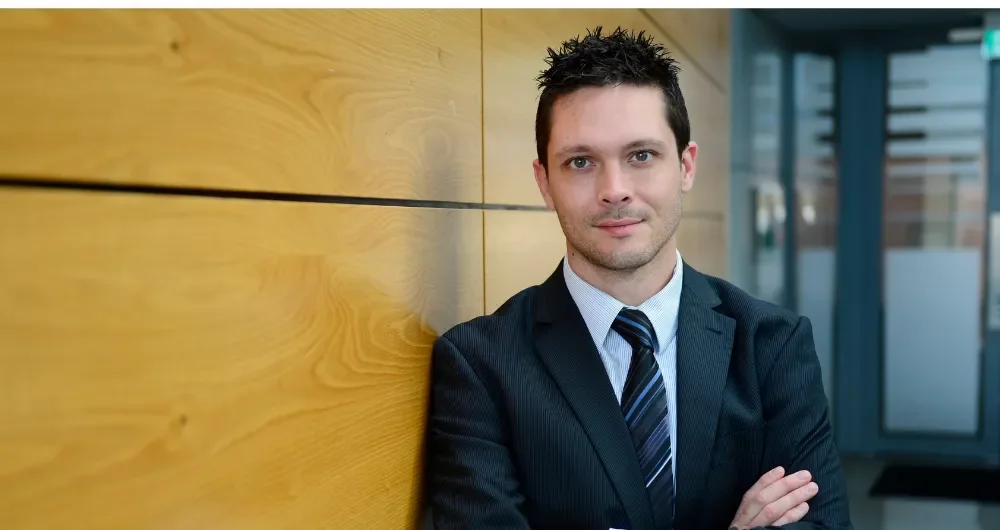

Dr Kevin McGuinness on Tech and AI’s help in Combating Climate Change
Dr McGuinness states that machine learning and artificial intelligence could have a critical role to play in combating the Climate Change challenge of meeting the deadline to get global emissions to net zero by 2050.
In his article for Irish Tech News, Dr McGuinness writes:
Ireland has no rainforest but we have an untapped carbon sink that is even more effective at pulling heat-generating carbon out of the air: peat bogs. Finding them, assessing them, and rewetting them; is a job that has recently been made much easier by AI.
Dr McGuinness also discusses the need to assess peat ecosystems in order for them to be commandeered into removing carbon emissions from the atmosphere.
The good news is we are already doing the work through the EPA-funded Smart Bog project, which is a model for many other forms of AI-enabled environmental monitoring that could fast-track Ireland to a carbon-neutral future.
Dr McGuinness also highlights that AI has more uses than the ability to plagiarise artwork and return misleading answers to questions. He states:
Machine learning is in the doghouse – most media discussion of AI’s ability to learn from humans has recently focused on its ability to plagiarise artwork and return misleading answers to silly questions. However, machine learning when applied to environmental monitoring has magic bullet potential. The scientific fieldwork, spanning decades, that has led to the insights offered by the IPCC in its latest report has required massive investment and in many cases has involved slow and arduous work by researchers on the ground from pole to pole.
